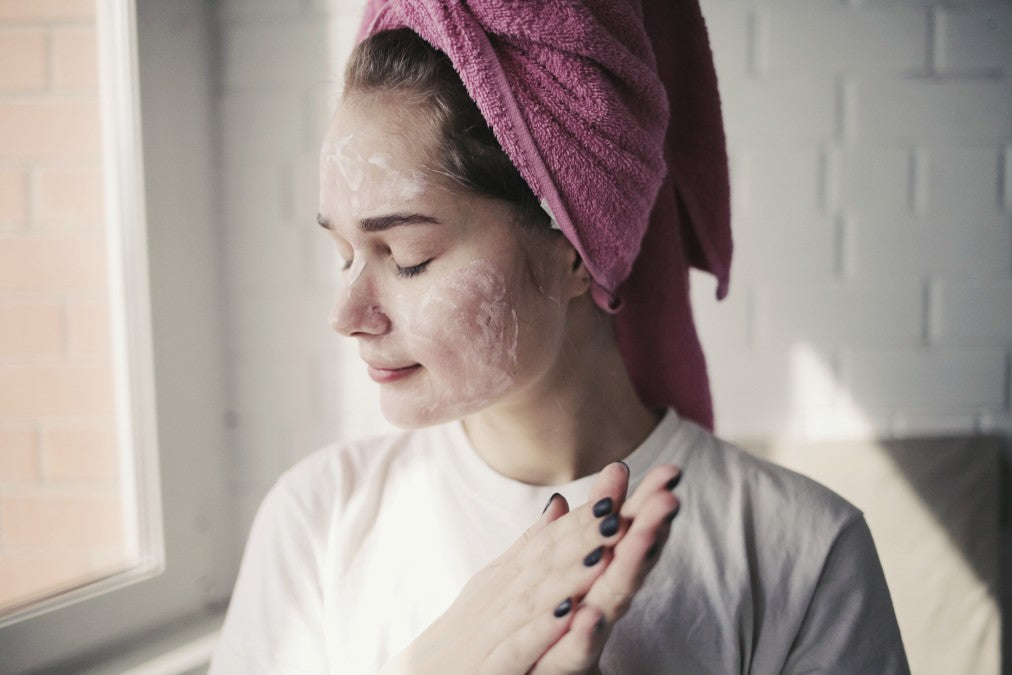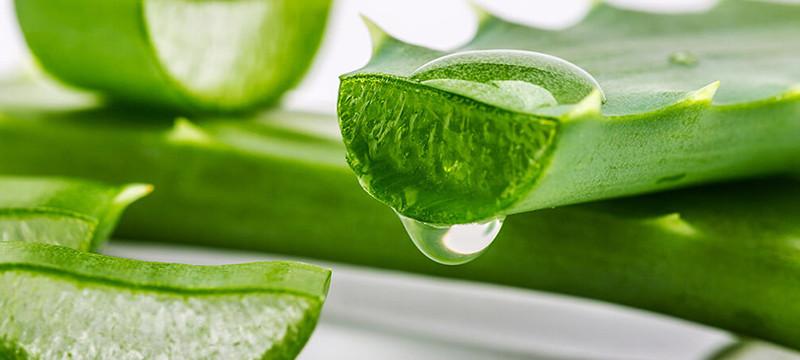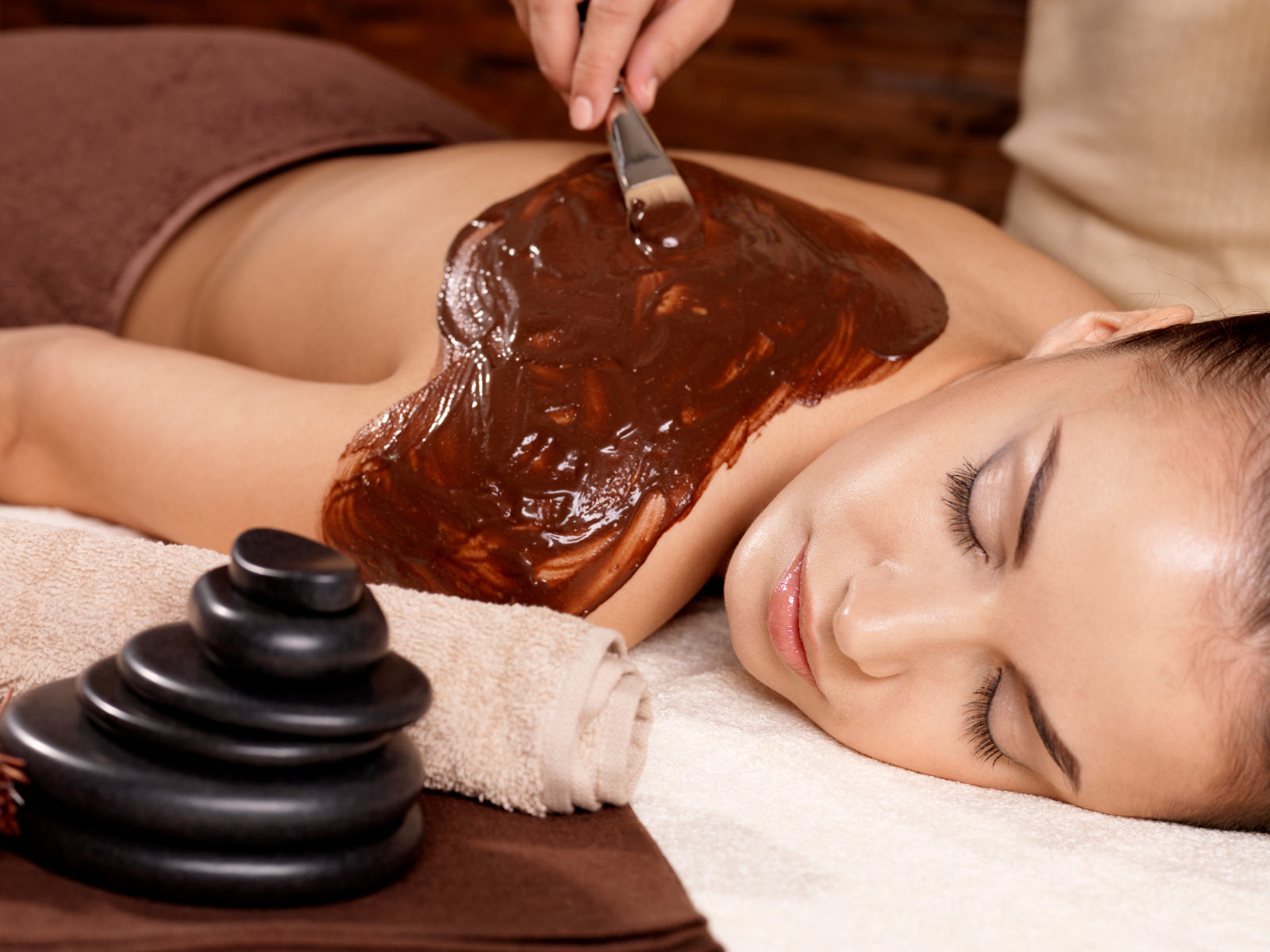
Five things you shouldn’t do to your skin
Your skincare regime is an assortment of daily habits, both good and bad. We urge you to hang onto the good habits, like moisturising every day, but the bad habits need to hit the road! Avoid these five sins of skincare and have happier, healthier skin.
Skin needs to be looked after, but it should be treated gently and with respect. It’s a balance between caring too much and too little. The problems we’ve highlighted here fall into both camps.
Exfoliating too much
It feels great, scrubbing away all those impurities and leaving your skin squeaky clean. You know you’re helping remove that outer layer of old skin, encouraging new growth of fresh skin, and you feel wholesome for doing it.
However, you can over-exfoliate - and people with highly sensitive skin should assess if they benefit from doing it at all. Exfoliation can scratch the surface of the skin, damaging the skin barrier and opening it up to infection and dehydration.
To avoid overdoing it, don’t apply too much pressure. Use an exfoliator with small granules (not micro-plastics) that won’t be overly abrasive. You could also consider a chemical exfoliator. Fruit enzyme, AHA or BHA based creams work by dissolving the glue that causes dead skin cells to stick to your pores. As always, do a spot check 24 to 48 hours before applying all over your face, as you can get a chemical burn from even a natural product.
If you have dry and sensitive skin, exfoliate just once a week. Normal and combination skin is more robust, so you can exfoliate two or three times.
Popping pimples and picking your skin
It’s hard to resist popping a giant, sore pimple. But when you do, you’re risking two negative things:
- You’re irritating and inflaming the area underneath, making the pimple redder and more ugly.
- You’re introducing bacteria from your fingers to your skin. That bacteria can increase the likelihood the pimple will become worse than before.
If you MUST do something, use a warm cloth compress for one minute, then repeat for six minutes every hour for up to three hours. This softens the area and encourages the pimple to drain itself. This works 50% of the time and means you’ll avoid scarring.
If you absolutely have to pop, do it before bedtime to allow repair time overnight. Make sure your hands and nails are scrupulously clean. Wash your face and sterilise the pimple. Then use the warm compress method to soften the skin. Wrap your fingers in clean tissue and never use the nails to pop - it’s too severe. Apply Okana mist toner afterwards to calm the area. If the pimple doesn’t pop with minimal pressure, leave it alone.
Not protecting your skin from the sun
Always wear sunscreen. 90% of your skin aging is caused by the sun. The sun destroys collagen and encourages melanin production, which can lead to dark spots. And of course, the sun (especially in NZ and Australia) causes skin cancer.
Use at least a SPF30 rated sunscreen that protects against UVA and UVB rays. It should be the last step in your skincare regime. If you’re in the sun, re-apply every two hours. We advise using a a physical barrier cream, such as zinc, rather than a chemical barrier.
Focusing on your face and forgetting what’s immediately below it
You might be looking after your face, but your neck and décolletage could be letting you down. If you forget to look after your delicate neck skin, those sags and wrinkles will not iron out easily.
Same for your décolletage, which is inclined to gather sun damage even faster than the backs of your hands.
Always continue your skincare regime down your neck and décolletage (upper chest). Cleansing, moisturising and any treatments should also be applied to all visible skin. Gently massage your products in an upward manner.
Using the same products in your 30s as you did in your 20s
Your skin changes as it gets older. Collagen production decreases, hormones change and oil production backs off. The shiny, acne-prone skin of your early 20s needed a light moisturiser and that was it - but now your skin wants more moisture and protection to counteract wrinkles and sun damage.
Your skin also adapts to ingredients, so what worked for you before may not work anymore. Assess your skin regularly and notice how it’s changing. Maybe it’s time to switch to a natural skincare regime?




Leave a comment
This site is protected by hCaptcha and the hCaptcha Privacy Policy and Terms of Service apply.